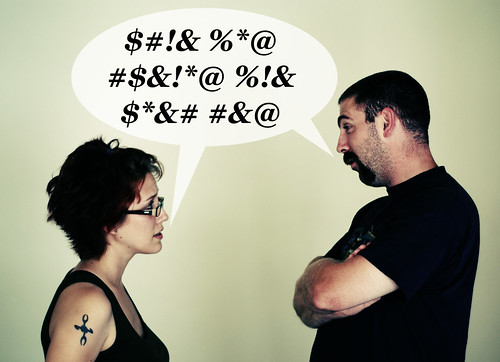10 Ways To Read People Like Sherlock Holmes, Backed By Research
e BBC series Sherlock is currently my favorite show on television. Sherlock Holmes instantly decodes someone's life story and personality from a quick look at the person and their belongings. Of course, the show is fiction. But Sherlock Holmes is a great example of expert behavior. How much of his skill could we possess in real life with knowledge of the research on what factors predict which personality traits -- and which signals are reliable? Here's a quick rundown on…
2 minutes
Here’s How What You Wear Affects How You Act
s. This study shows that while wearing clothes you associate with certain qualities, you will tend to embody those traits. Lab coats are associated with attentiveness and carefulness. When people wore lab coats their scores on measures of both traits went up. We introduce the term “enclothed cognition” to describe the systematic influence that clothes have on the wearer's psychological processes. Providing a potentially unifying framework to integrate past findings and capture the diverse impact that clothes can have on…
2 minutes
How To Quickly And Easily Make Any Task Seem Easier
an back instead of leaning forward. Via Harvard Business Review: People who leaned back so that their eyes were an average of 38.8 inches from a computer screen found the task of pronouncing meaningless strings of letters easier than people who leaned forward to 12.5 inches, say Manoj Thomas of Cornell and Claire I. Tsai of the University of Toronto. That's because increasing the physical distance from a complex task also increases the psychological distance, which mitigates the sense of…
1 min read
Does too much computer time degrade social skills?
o much time at the keyboard and not enough time with people may reduce the ability to read nonverbal signals, to judge the intent of others and influence them: Via Harvard Business Review: Today's young digital natives may be ill-suited for jobs in high-trust fields such as diplomacy and sales, because prolonged exposure to computers is reconfiguring their neural networks and possibly diminishing their empathy and social skills, says John K. Mullen of Gonzaga University. With 55% of person-to-person communication…
1 min read
Nonverbally, what signifies dominance more than anything else?
ght want to stand up straight and get a taller chair if you're trying to appear powerful. Elevation wins by a landslide: Building on some concepts and methods recently introduced by Spiegel and Machotka, this investigation deals with four common nonverbal signifiers of social dominance: lateral opposition, precedence, posture (sitting and standing), and elevation. Our concern is to know how interdependent these signifiers may be and whether they are equally meaningful as indicators of dominance. An analysis of variance of…
1 min read
5 Ways You Can Make A Great First Impression
me-dropping doesn't work. Flattery and mimicry do. Trying to seem smart makes you seem stupid. What you say about others says more about you. Mistrust is self-fulfilling. Expect that others will like you and they probably will. Join over 135,000 readers. Get a free weekly update via email here. Related posts: How To Make Your Life Better By Sending Five Simple Emails How To Stop Being Lazy And Get More Done – 5 Expert Tips New Harvard Research Reveals A Fun Way…
1 min read
Does leadership matter?
ere's a strong argument that in most cases leaders don't make much of a difference and that results are more due to the team: Leader succession studies show that managerial change has little impact on team performance. In general, these studies support a skeptical view of the significance of organizational leaders (Thomas, 1993, pp. 126–128). Hogan et al. (1994, p. 494) claim that “some coaches can move from team to team transforming losers into winners is, for most people, evidence…
3 minutes
How do you get others to lie and cheat less?
st people cheat just enough to get an edge but not so much that they feel like a bad person. Subtly making them aware their own morality can nudge them back to being good: Via APS: The program began with a lively talk about dishonest decisions by Dan Ariely of Duke University, the popular behavioral economist and author of Predictably Irrational, who is as comfortable dropping jokes as he is delivering research findings. Ariely and his colleagues found that, given…
1 min read








